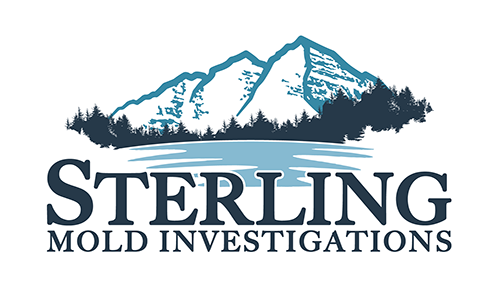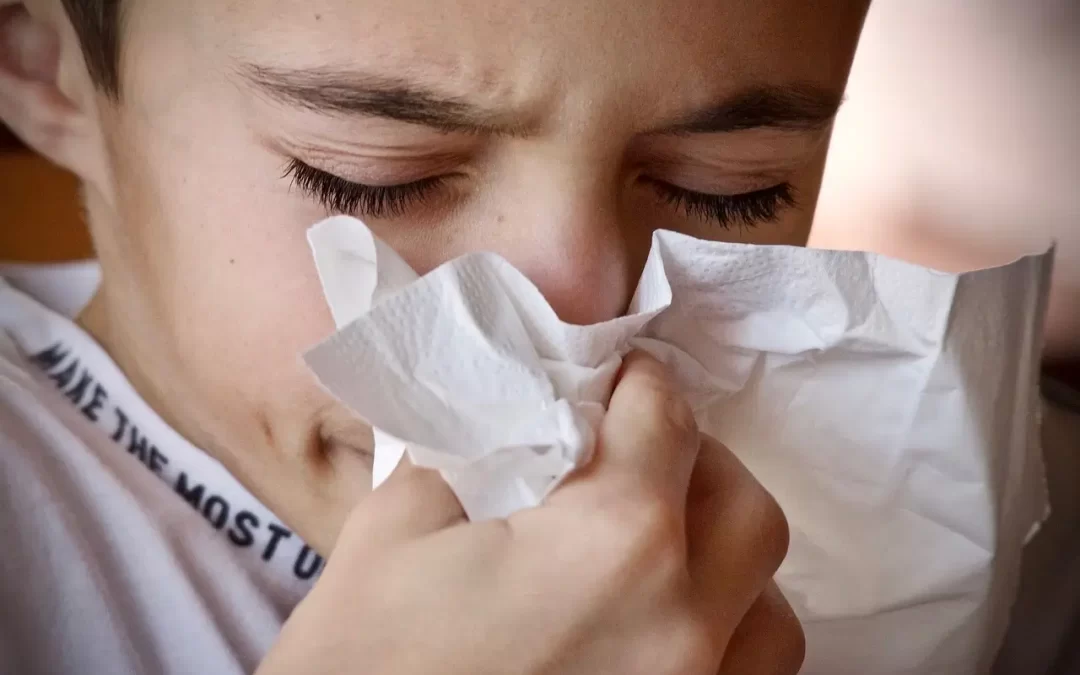Creating a healthy living space free from allergens is essential to enjoy a safe home that supports your well-being. If you or a family member is one of the millions affected by allergies, it’s important to maintain an environment that alleviates rather than exacerbates symptoms. Allergens such as dust mites, pet dander, pollen, and mold can accumulate in your living areas, triggering sneezing, headaches, watery eyes, and sinus issues. Fortunately, there are actions you can take to combat these contaminants. Here are four ways to allergy-proof your home, making it a healthier place for everyone.
Tips to Allergy-Proof a Home
Reduce Dust and Dander
The less dust and pet dander in your home, the better. Start by decluttering spaces to minimize dust-trapping surfaces and maintain a weekly cleaning schedule. Opt for a vacuum cleaner with a HEPA filter – to capture even the finest particulates – and use a damp cloth to wipe down surfaces, preventing dust from becoming airborne while cleaning. For added protection, use allergy-resistant pillowcases and mattress covers.
Implement a ‘No Shoes’ Policy
A “no shoes” policy inside your home is a simple method to keep outdoor allergens at bay. Shoes can track pollen and dust into your house, spreading these allergens throughout your living space. Provide a designated area near the entrance for shoes, and encourage household members and guests to wear slippers or change into a pair of indoor shoes.
Invest in an Air Purifier to Allergy-Proof a Home
Air purifiers are allies in combating airborne allergens. Purchase a model with a true HEPA filter capable of removing particles as small as 0.3 microns. An air purifier is especially helpful in bedrooms and areas where you spend a lot of time. Replace the filters regularly and clean and maintain the purifier according to the manufacturer’s instructions.
Control Humidity and Prevent Mold
Mold thrives in damp environments, so keeping indoor humidity levels in check is essential. In-home humidity should be between 30% and 50%. Use dehumidifiers in areas like basements, and verify your bathrooms are well-ventilated to promote circulation and prevent mold growth. Fix plumbing and roofing leaks promptly, and regularly clean and inspect areas prone to moisture, such as shower curtains and window sills.
When renovating, use mold-resistant building materials, such as paints, drywall, and moisture-resistant flooring, in areas prone to dampness.
By taking these steps, you reduce allergens in your home, providing a healthier environment for you and your family. Consistency is key when implementing these strategies, as it helps maintain long-term indoor air quality. A home free from allergens benefits family members with respiratory issues and asthma and contributes to overall well-being and comfort.
FAQs
How can I modify my cleaning routine to reduce allergens in my home?
To trap allergens when housecleaning, use microfiber cloths for dusting. Vacuum regularly and use hypoallergenic cleaning solutions to create a healthier living environment.
Will houseplants help minimize indoor allergens?
Yes, some plants contribute to better indoor air quality. Spider plants, Boston ferns, snake plants, and peace lilies filter common indoor pollutants. While they won’t eliminate all allergens, indoor plants complement other air-purifying strategies in your home.
Can rearranging furniture and decor impact indoor allergen levels?
By removing clutter and creating open spaces, you reduce areas where dust and allergens accumulate. Opt for furniture with smooth surfaces that are easy to clean, and choose washable curtains and rugs to minimize allergen retention.
Can maintaining a consistent indoor temperature contribute to allergy reduction?
Yes, maintaining a constant indoor temperature plays a role in reducing allergies. Fluctuations in temperature and humidity levels can promote mold growth and dust mites. Verify your home is adequately insulated to prevent temperature fluctuations.
Is boosting ventilation effective in alleviating allergy symptoms?
Absolutely. Good ventilation helps reduce indoor allergens. Use exhaust fans in bathrooms and kitchens to reduce humidity and prevent mold growth. When the weather is pleasant, open windows to promote air circulation and decrease the concentration of allergens inside your home.
Sterling Mold Investigations offers mold inspections and testing to homebuyers and sellers in the Denver Metro and Boulder areas. Contact us to schedule an appointment for our services.

